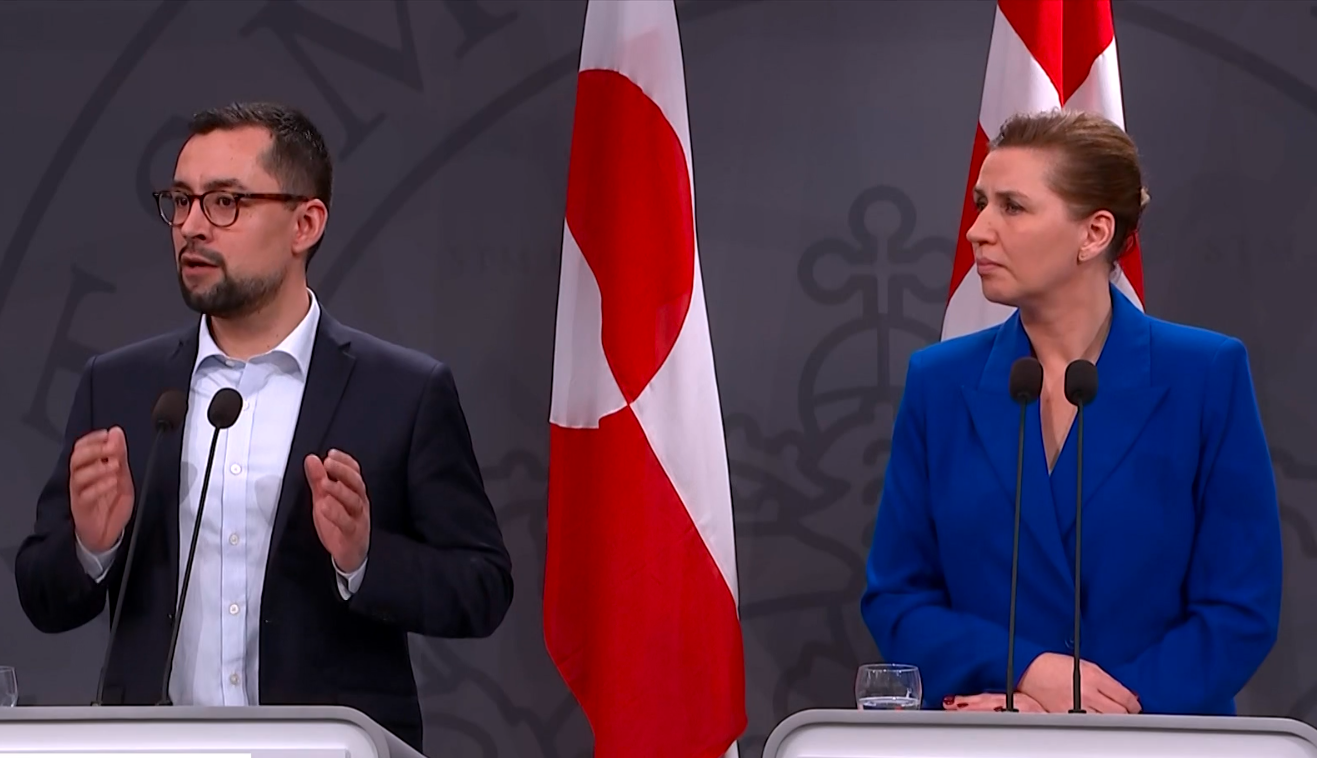Denmark’s heavily criticised practice of deporting children deemed “unable to be integrated” will now end – at least for children under the age of eight, the government announced on Thursday.
The Socialdemokraterne-Radikale-Socialistisk Folkeparti (S-R-SF) government, along with its far-left ally Enhedslisten (EL) and the opposition party Liberal Alliance (LA) have reached an agreement to soften the family reunification rules for the youngest foreign applicants.
Children under eight will now be exempted from the ‘two-year rule’, which allows immigration authority Udlændingeservice to deny residency to children whose parents wait more than two years after moving to Denmark to send for them.
The announcement of the agreement came a month earlier than expected, reflecting the broad popular and political pressure to relieve a situation that many – including the European Court of Human Rights – consider inhumane.
Since 2005 some 800 children – several as young as two and three – have been deported or prevented from joining parents legally living here. In 2010 alone, Udlændingeservice denied residency to 206 children under the age of 12 on the grounds that they could not integrate into Danish culture and society, because they moved here more than two years after their parents did.
Some of those children, however, were already speaking fluent Danish, attending school and playing with Danish-speaking friends when they were deported. Despite these facts, Udlændingeservice decided they were already too heavily influenced by foreign educations and cultures to become sufficiently integrated.
Seven-year-old Phatteera, eight-year-old Ripa, and 13-year-old Sirapat, are just three of the children whose stories we have followed in The Copenhagen Post.
On Thursday the justice minister, Morten Bødskov (S), announced that the parties had agreed to stop applying the two-year rule to children under eight, and that new rules would support a family’s right to stay together.
“I’m really satisfied that we’re doing away with policies that gradually lost their focus and were, instead, aimed at creating more and more meaningless barriers for even young children’s chances to live with their parents here,” Bødskov said in a press statement.
But while children under eight will now be exempted from the two-year rule and administrative judgments about their ability to integrate, children over eight are apparently still subject to those criteria.
The failure to change the policy for older children will come as a disappointment for hundreds of families – like 13-year-old Sirapat’s – who have pinned their hopes on the new government’s promise to introduce a ‘new era’ of fair and transparent immigration policy.
R and EL have led the fight to roll back the immigration and family reunification rules to where they were before the centre-right Venstre-Konservative (V-K) government and the right-wing Dansk Folkeparti (DF) introduced the two-year rule in 2004.
The rule was originally intended to prevent families from sending their children on long ‘re-education’ trips to the parents’ home country to immerse them in the native culture and undo the influence of their Danish integration.
R immigration spokesperson Zenia Stampe told Berlingske newspaper the new agreement was a compromise, but that she was nevertheless satisfied.
“Now we can break with the unfair rules that put many families in completely desperate situations. Now we can insist that young children always have the right to live with their parents in Denmark and that well-integrated parents can also bring their older children here,” Stampe said.
However, EL spokesperson Johanne Schmidt-Nielsen was a bit more circumspect about the outcome.
“The agreement is definitely an improvement for children’s right to live with their parents and it’s a step in the direction of a more humane immigration policy,” Schmidt-Nielsen told Berlingske. “Enhedslisten promises to carefully watch how the new rules will be applied in actual cases,” she added.
Immigration lawyer Åge Kramp, who has represented Phatteera and Ripa in their appeals, told The Copenhagen Post that he considered the new agreement to be a disappointment and “not very ambitious”.
“At least there will still be a need for immigration lawyers,” he said.
Noting that Socialdemokraterne voted for the V-K bill that created the two-year rule in the first place, Kramp suggested the party was the one putting the brakes on real reform.
“From a legal standpoint, it would be so easy to just roll the rules back to how they were before 2004. But I guess they donÂ’t want to admit their mistake.”












